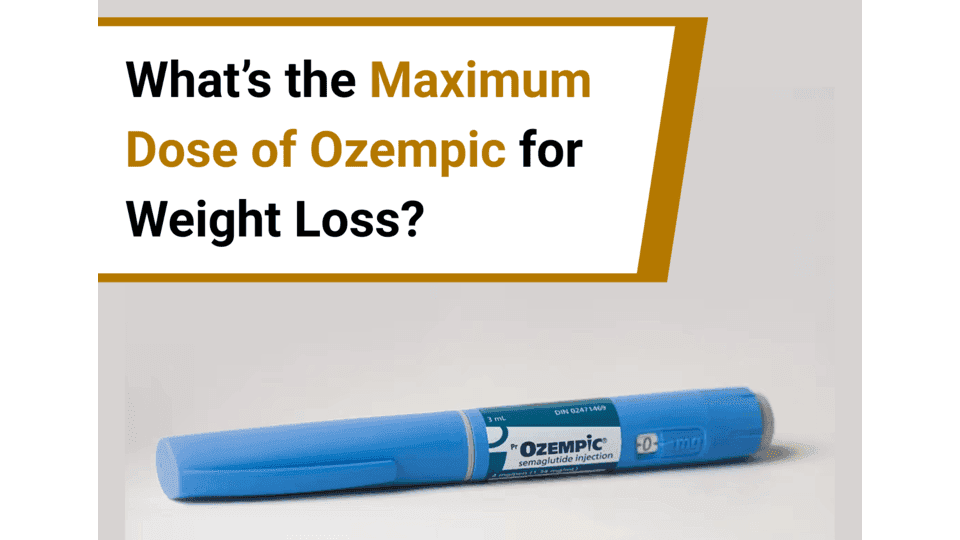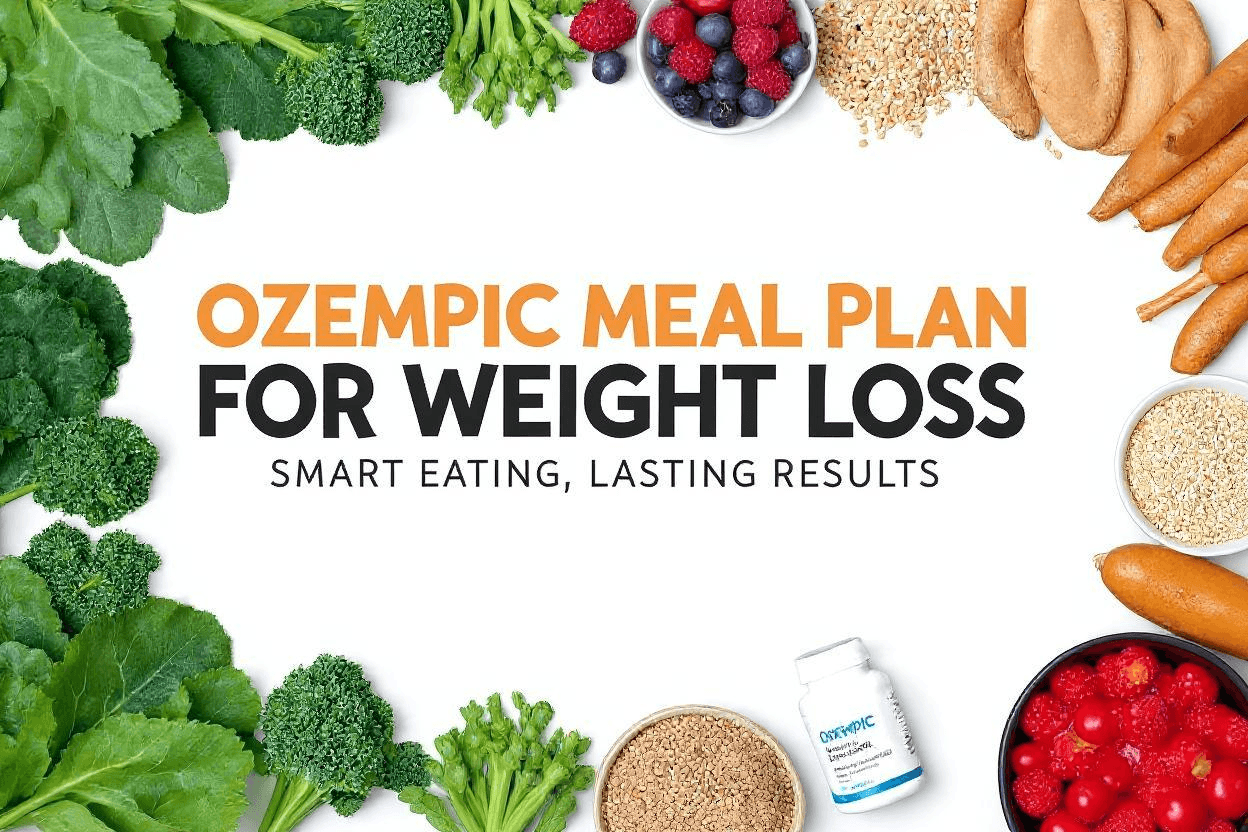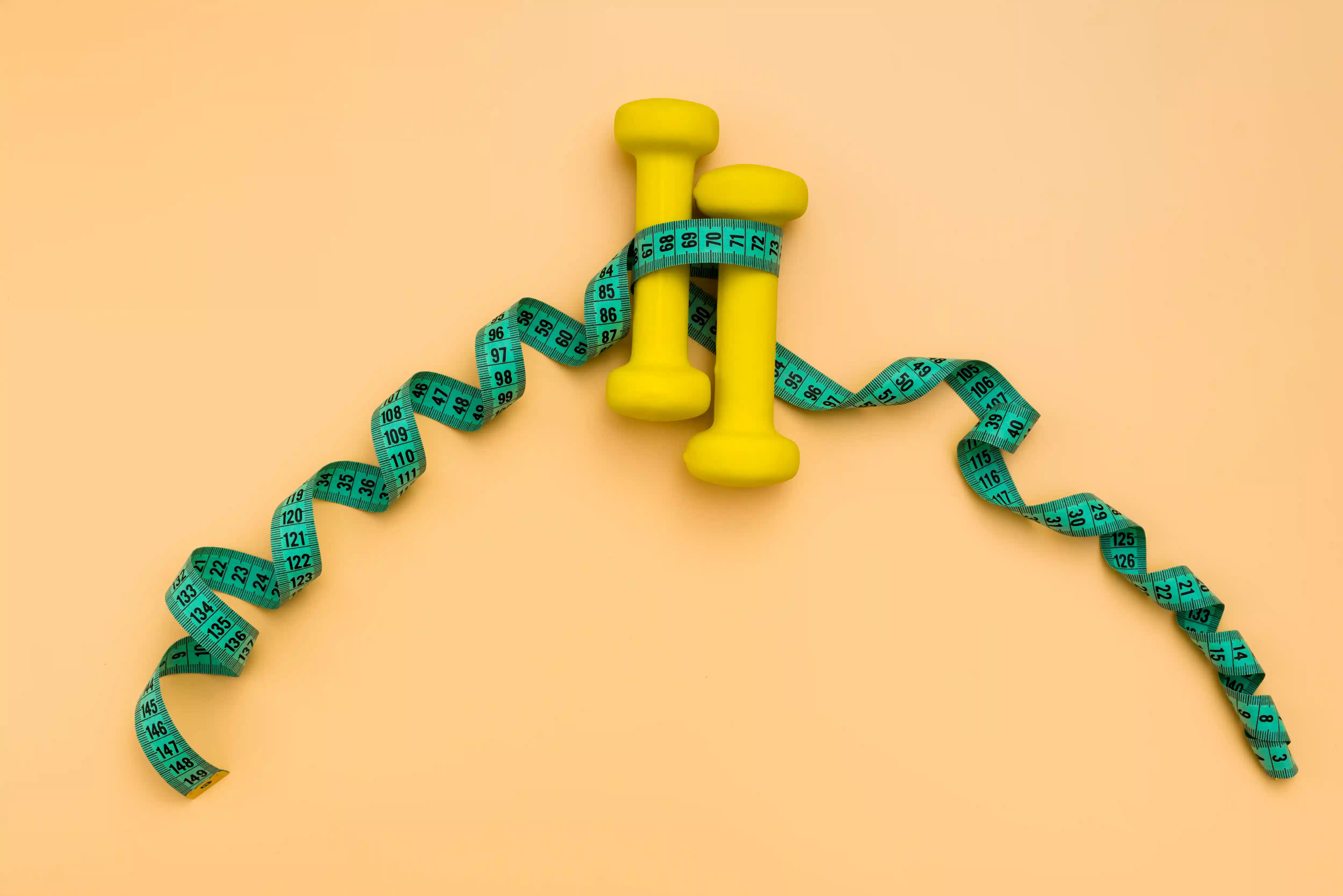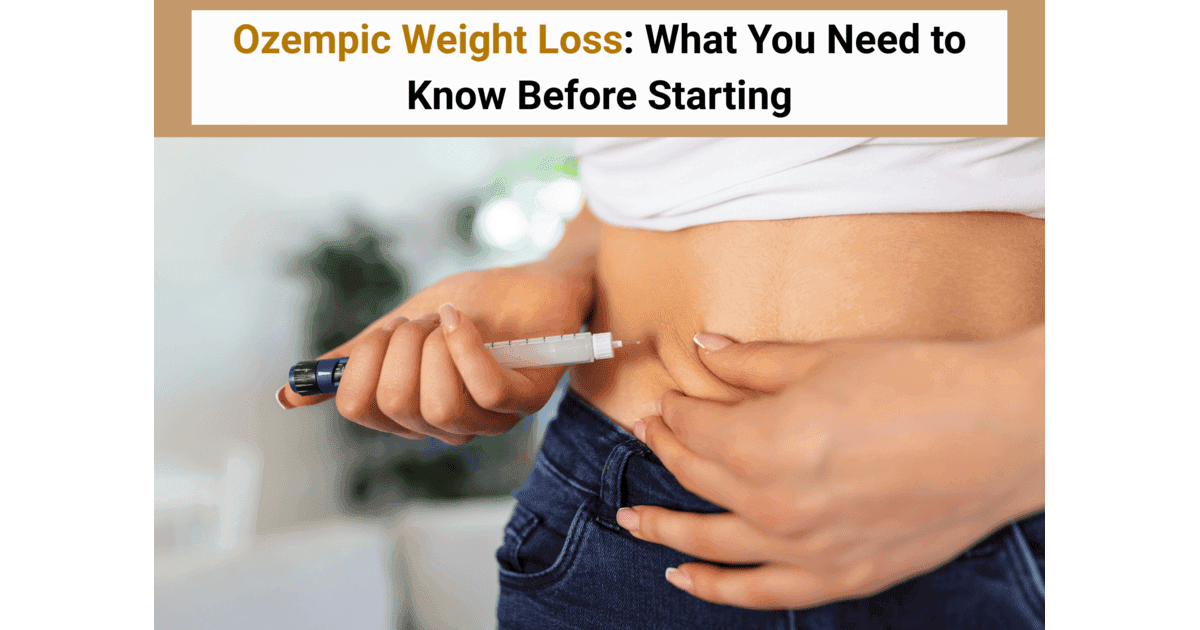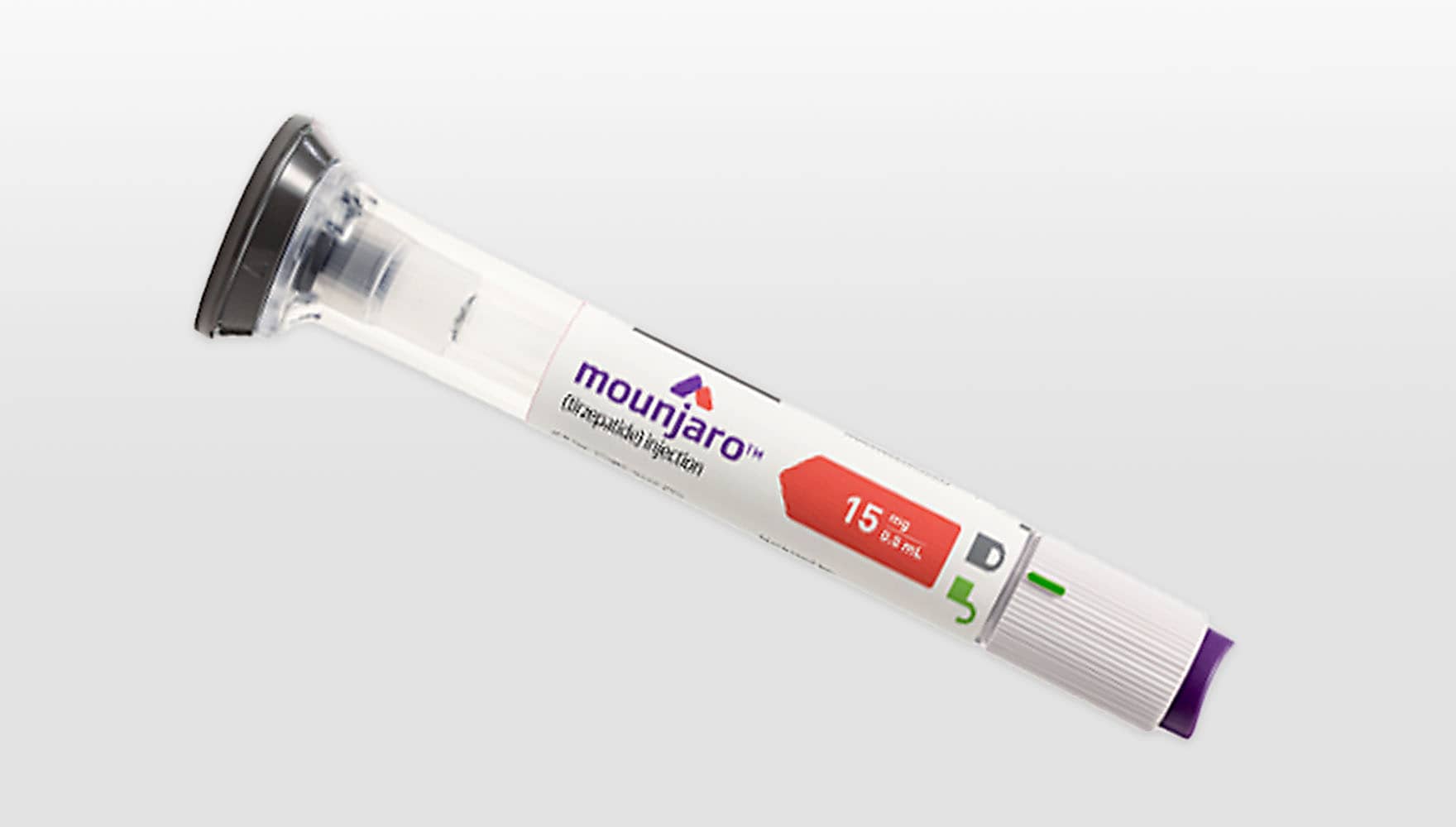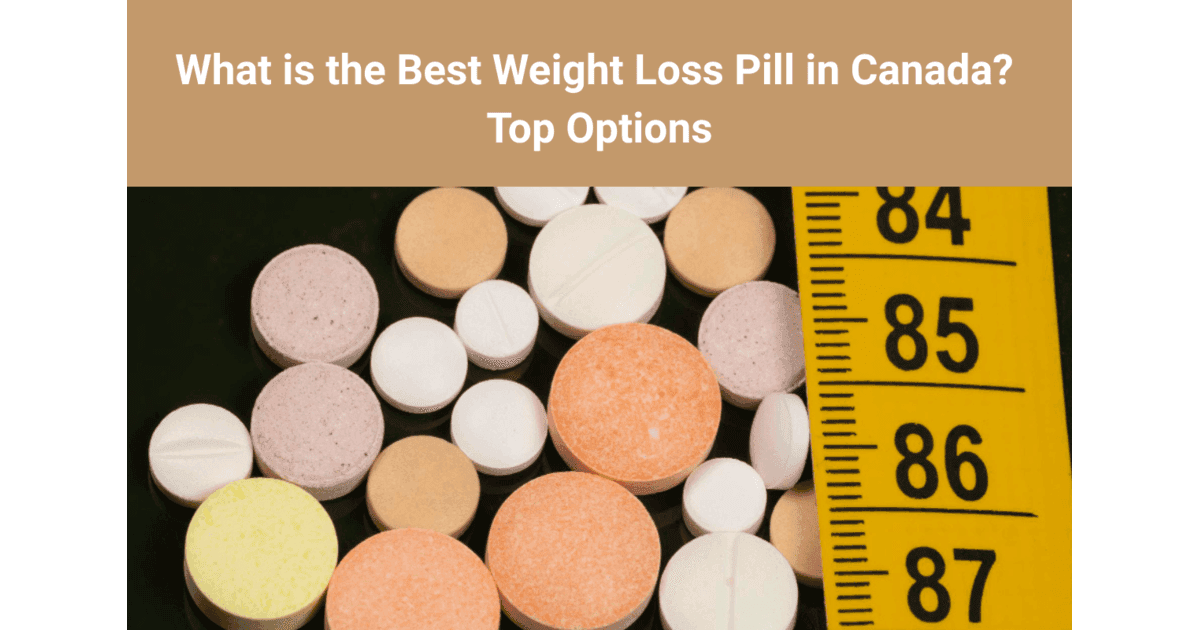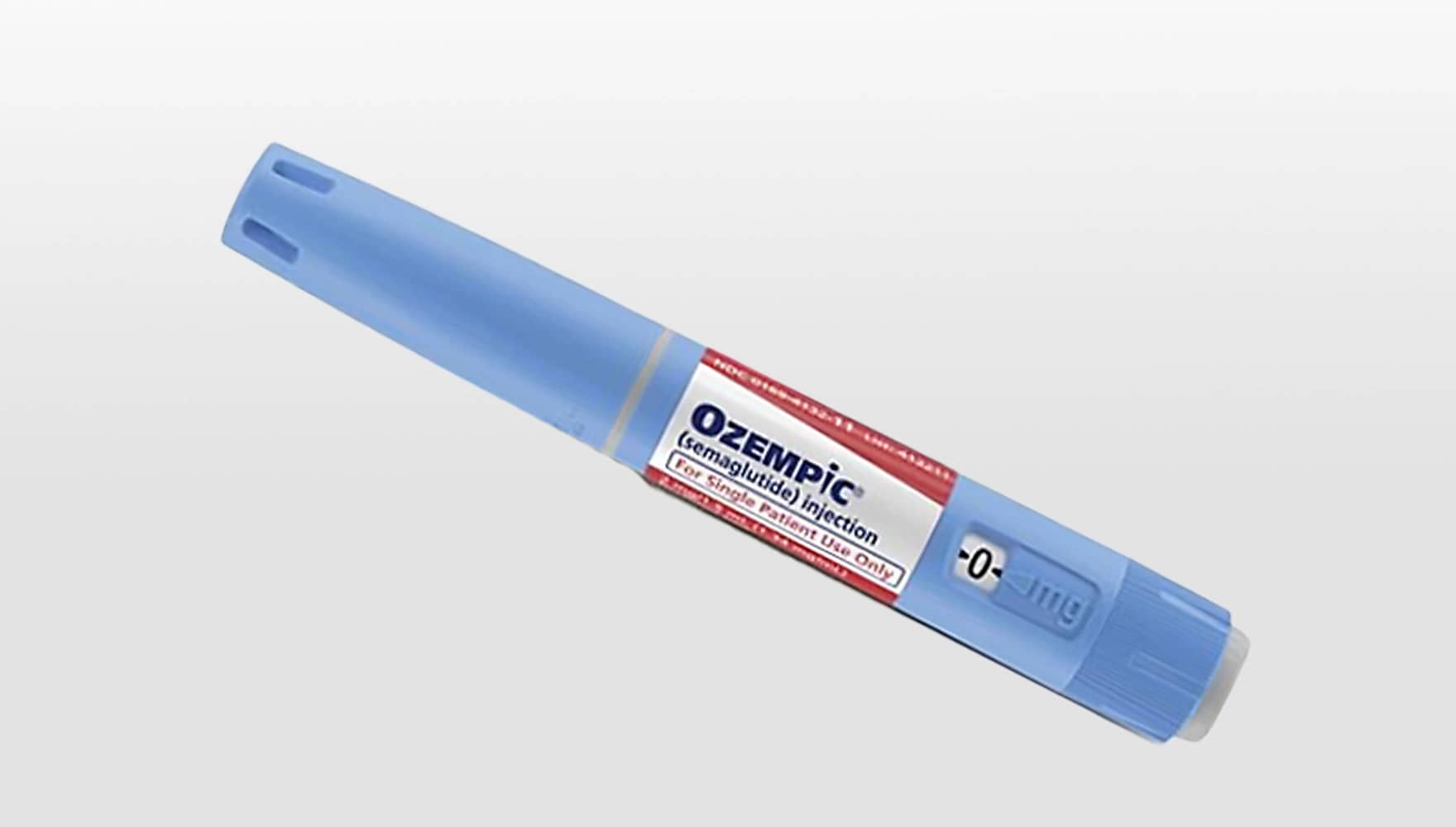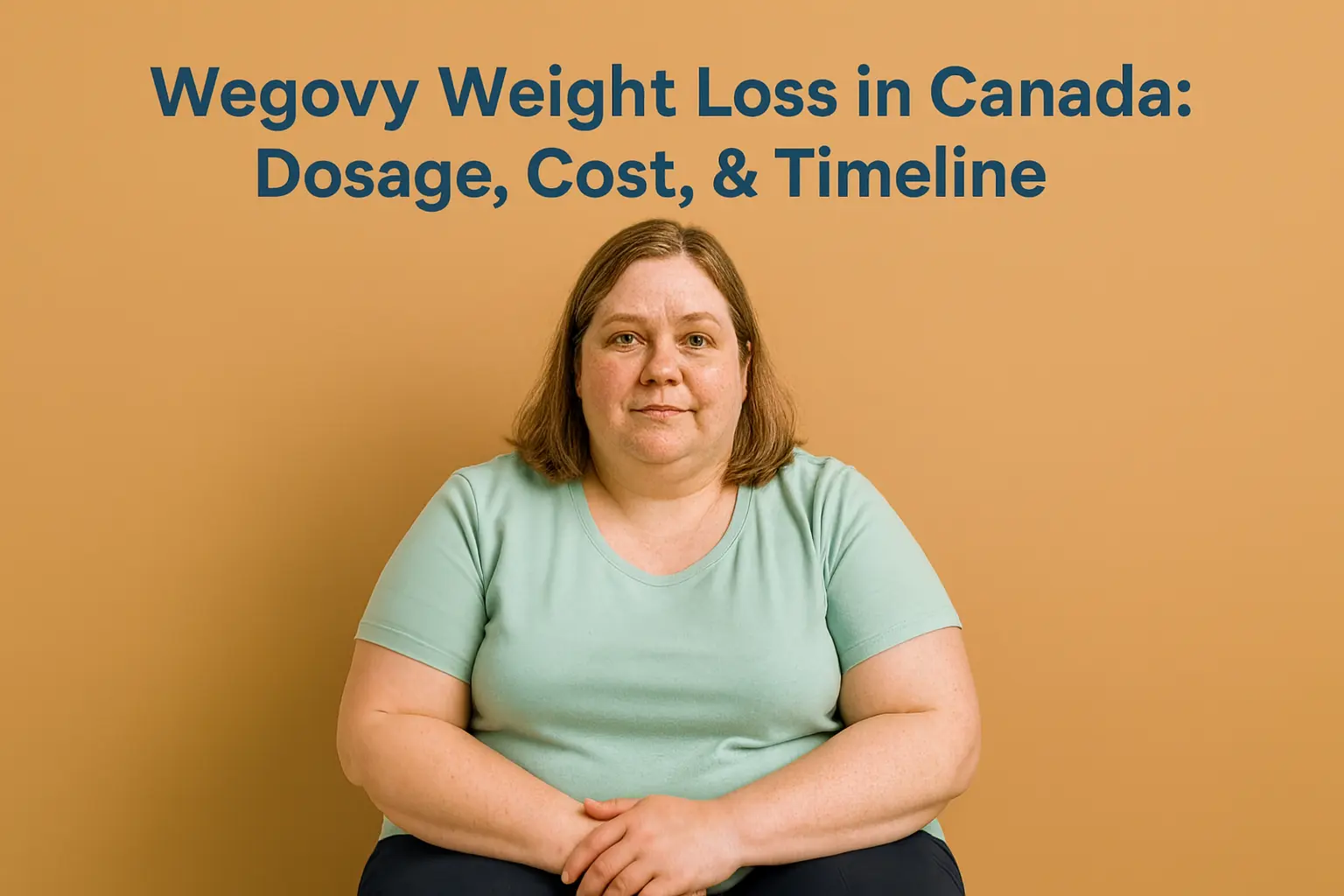Key Highlights:
- Vitamins support weight loss by improving metabolism, energy, and nutrient balance.
- GLP-1 medications like Semaglutide work better when vitamin levels are optimal.
- B vitamins, Vitamin D, Magnesium, Omega-3s, Calcium, and Green Tea Extract are most helpful.
- Vitamin deficiencies can slow progress, cause fatigue, or lead to plateaus.
- Over-supplementation and random use of the vitamins can cause side effects.
- Lab testing is essential before starting any supplements.
- DooÜ offers expert medical guidance, medication, and personalised vitamin support—all online.
Starting a medical weight loss treatment is exciting, but it often raises an important question: What else can you do to support your results? Many people find that medication alone isn't the whole picture. Energy levels, metabolism, and overall nutrition all play a role in how well your body responds.
That's where vitamins come in. While they don't directly cause weight loss, they help your body work at its best by supporting energy, metabolism, and overall health. Correcting deficiencies can also make a meaningful difference in how effective your treatment feels.
In this blog, we'll break down which vitamins matter most, how they work alongside weight loss medications, and why good nutrition is essential for lasting results.
How Vitamins Work with Weight Loss Medications?
When you're on a medical weight loss treatment like GLP-1 receptor agonists such as Semaglutide or Tirzepatide, your body is going through some powerful changes. These medications help regulate hunger hormones, slow down digestion, and improve how your body processes insulin and glucose. The result is reduced appetite, better blood sugar control, and more efficient fat burning.
But here's something many people overlook: if your body is low on essential vitamins and minerals, those medications might not work as effectively as they could. The key is to pair these medical weight loss treatments with nutritional support for breakthrough results. Vitamins like B12, D, and iron play a big role in metabolism, energy levels, and how your cells function.
Without enough of them, you may feel fatigued, foggy, or hit frustrating plateaus, which could lead to unintentional weight gain. If your weight loss has slowed despite treatment, this guide on overcoming plateaus with weight loss medications offers practical tips to keep your progress going.
And since most people eat less while on these treatments or shift to low-calorie diets, it’s easy to miss out on essential nutrients from food alone. Some medications may even affect how your body absorbs certain vitamins. For instance:
- GLP-1s slow down how fast your stomach empties, which may reduce absorption of fat-soluble vitamins like D and E
- Others can lower stomach acid, which is needed to absorb nutrients like B12 and iron
That’s why checking your vitamin levels regularly is key. It’s not about taking more supplements than you need but making sure your body is fully supported so your medication works at its best and you feel strong throughout your body weight loss journey.
If you’re not sure where to start,
Which Vitamins Are Recommended For Weight Loss?

Weight loss medications can be highly effective, but their success also depends on how well your body functions at a nutritional level. Certain vitamins and nutrients play a key role in maintaining energy, supporting metabolism, and preventing common side effects during treatment.
Here's a closer look at the ones that deserve special attention, including the best vitamins for weight loss, especially for women and people managing conditions like PCOS or thyroid issues.
1. B Vitamins (B1, B6, and B12)
The B-vitamin group is vital for energy production, nerve health, red blood cell formation, and proper brain function, contributing to a healthy metabolism. These are especially important during active weight loss, when your body is adjusting to a calorie deficit.
How it supports weight loss treatment:
- B12 helps convert carbohydrates into energy and supports neurological function. A deficiency can lead to fatigue, mood swings, and cognitive fog—symptoms that can make sticking to a treatment plan more difficult.
- GLP-1 medications may reduce intrinsic factor and stomach acid, both needed for B12 absorption, putting patients at risk over time.
- Vitamin B6 supports neurotransmitters like serotonin and dopamine, which influence mood and appetite control, which are key factors during lifestyle change.
- Thiamine (B1) plays a critical role in metabolizing glucose. It's particularly important in people with insulin resistance or type 2 diabetes, who may already be at risk of low B1 levels.
Clinical considerations:
Routine lab monitoring of B12 may be advised, especially if symptoms like tiredness, tingling, or low mood appear. In some cases, injectable B12 may be more effective than oral supplements.
B-complex vitamins are often recommended as B vitamins for weight loss and metabolism, especially in people with PCOS, insulin resistance, or chronic fatigue. You can also read more in our full blog on losing weight with PCOS for a holistic approach to managing symptoms.
2. Vitamin D
Vitamin D acts more like a hormone than a vitamin. It influences bone health, immune function, insulin signaling, and even body composition. Yet many people, especially those with obesity, have suboptimal levels.
How it supports weight loss treatment:
- Low vitamin D levels are associated with increased fat mass, poor metabolic outcomes, and difficulty losing weight.
- It enhances insulin sensitivity, which complements the effects of GLP-1 receptor agonists.
- Adequate levels may help reduce chronic inflammation, stabilise mood, and improve energy levels—all of which are relevant during weight loss.
- Since vitamin D is fat-soluble, changes in fat storage and digestion caused by weight loss or medication may impact how it’s absorbed or used.
Clinical considerations:
Deficiency is common and often goes undiagnosed. A simple blood test (25-hydroxy vitamin D) can determine if supplementation is needed. Your provider may recommend daily or weekly high-dose vitamin D, depending on your baseline level.
This is one of the most common vitamins for weight loss for females, especially those with hormonal imbalance or autoimmune conditions.
3. Green Tea Extract
Green tea extract, especially its main compound epigallocatechin gallate (EGCG), is a plant-based ingredient that may help support metabolism. While it is not a standalone weight loss solution, it can be incorporated as part of a balanced diet and healthy lifestyle.
How it supports weight loss treatment:
- EGCG may slightly increase thermogenesis (your body's calorie-burning rate) and help reduce fat absorption.
- It provides antioxidant and anti-inflammatory benefits, supporting your overall health during weight loss.
- A study published by the National Library of Medicine suggests green tea helps in weight loss and weight management.
Clinical considerations:
Green tea extract is available in both caffeinated and decaffeinated forms. People with liver conditions or high sensitivity to caffeine should consult a healthcare provider before using concentrated extracts.
While not a vitamin, green tea supplements are often included in weight loss vitamins that actually work due to the fat oxidation support. However, if you're a coffee person, you can also try green coffee extract that works perfectly well.
4. Omega-3 Fatty Acids
Omega-3s are polyunsaturated fats most commonly found in food sources like fatty fish. They support heart, brain, and metabolic health, all essential for maintaining overall well-being while your body adjusts to changes during weight loss. For women with PCOS or insulin resistance, omega-3s are also effective vitamins for PCOS weight loss when paired with a balanced diet and exercise.
How it supports weight loss treatment:
- Improves insulin sensitivity, which helps your body process glucose more effectively, especially important if you’re managing prediabetes or type 2 diabetes alongside weight loss.
- Reduces chronic inflammation, which is often elevated in individuals with obesity and can slow progress.
- Helps protect lean muscle mass during weight loss, supporting better long-term outcomes.
- May support cardiovascular health, especially important when using GLP-1s, which can impact heart rate and blood pressure.
Clinical considerations:
If you're not consuming at least 2 servings of fatty fish per week, supplementation may be necessary. High-quality fish oil or algae-based supplements are good options, but dosage and purity should be discussed with a healthcare provider.
5. Magnesium
Magnesium, as an essential mineral, is involved in over 300 enzymatic reactions, many of which are linked to metabolism, nervous system function, and muscle repair. This is one of the most reliable supplements for energy and weight loss, especially during calorie restriction.
How it supports weight loss treatment:
- Helps maintain stable blood sugar levels, reducing the risk of sugar cravings and insulin spikes.
- Supports restful sleep, which is often overlooked but essential to weight regulation.
- May help reduce muscle cramps, headaches, and mild constipation, which are common side effects during calorie restriction or GLP-1 treatment.
- Plays a role in mood balance, reducing stress-related eating triggers.
Clinical considerations:
Many people have magnesium deficiency without realising it, particularly those with gastrointestinal issues or high-stress lifestyles. Magnesium glycinate and citrate are well absorbed and typically cause fewer digestive side effects.
6. Calcium
Calcium plays a subtle but crucial role in weight loss and metabolism, especially in fat storage regulation, and supports your immune system. Some studies suggest that adequate calcium intake can reduce body weight. Plus, it's also essential for bone health, which is important during rapid weight loss or calorie restriction.
How it supports weight loss treatment:
- It may help the body burn more fat and store less, particularly when combined with adequate vitamin D.
- Supports muscle contraction and nerve signaling important for physical activity during weight loss.
- Reduces the risk of bone density loss, especially in those who lose weight rapidly or are postmenopausal.
- Important for patients avoiding dairy products or following restricted diets, which may reduce calcium intake.
Clinical considerations:
Calcium supplements should be spaced away from iron and magnesium to improve absorption. Calcium citrate is generally better tolerated than calcium carbonate and doesn't require stomach acid for absorption.
Not sure which supplement is right for your plan? Connect with a DooÜ medical expert today.
What Are the Risks and Considerations of Taking Vitamin Supplements?

While it might be tempting to grab a bunch of over-the-counter pills, supplements aren’t one-size-fits-all, especially for those with underlying medical conditions. Taking too much of certain nutrients, especially fat-soluble ones like vitamin D, can be harmful. Some weight loss vitamins that actually work do so only in cases of deficiency. Others might interact with medications or cause side effects.
Here’s what to watch out for:
1. Kidney strain from excess Vitamin D or minerals
Over-supplementation, especially of fat-soluble vitamins and minerals, can accumulate in the body and lead to kidney damage, ultimately affecting kidney function over time.
2. Digestive discomfort
Some vitamins and supplements may cause bloating, nausea, constipation, or diarrhoea, particularly when taken on an empty stomach or at high doses.
3. Drug interactions
Supplements can interfere with how your medications are absorbed or processed. For example, they may alter the effect of weight loss injections, blood pressure medicines, or blood thinners.
4. Allergic reactions or unexpected side effects
These are especially common with over-the-counter supplements or herbal blends that lack proper regulation.
It's worth being cautious with popular non-vitamin products marketed for weight loss, like bitter orange, garcinia cambogia, or conjugated linoleic acid. Despite the bold claims, most of these lack strong clinical backing, and the risks may outweigh any potential benefit.
That's why it's best to work with a healthcare provider who can tailor vitamins to promote weight loss based on your labs and goals.
When Should You Get Your Vitamin Levels Checked?

If you're starting a medical weight loss program, taking medications like Ozempic, or noticing fatigue or hair thinning, it’s smart to get a vitamin panel done. Deficiencies can slow your progress and make side effects worse. Checking early helps your provider guide you on the best vitamins for weight loss, energy, and even vitamins to prevent hair loss during weight loss.
You should consider checking your vitamin levels if:
- You have been on a weight loss supplement or medication like Semaglutide or Tirzepatide for several weeks or months
- You are experiencing symptoms such as persistent tiredness, brain fog, dizziness, or muscle weakness
- You follow a low-calorie, low-carb, or plant-based diet that may not meet your daily nutrient needs
- You are seeing a weight loss plateau despite adherence to your treatment plan
- You are planning to start supplements and want to avoid unnecessary or potentially harmful dosing
Vitamin testing, typically done through a blood panel, can identify specific deficiencies before they lead to complications. In a clinical setting, this allows your provider to personalise your supplement plan or dietary recommendations based on lab results, rather than guesswork.
This approach is especially important during medical weight loss, where optimal results depend not just on medication but also on how well your body adapts, heals, and maintains energy.
Want to Lose Weight with Medical Support? Here's How DooÜ Can Help
If you’re in Canada and ready for expert help with weight loss, DooÜ makes it simple and personal. Everything happens online with no clinic visits or long waits. You get a treatment plan tailored to your needs, guided by licensed doctors who understand what works.
Whether it’s Semaglutide, Tirzepatide, or another option that fits your goals, medication is prescribed with care and delivered discreetly.
But DooÜ doesn't stop there. You also get support on how to fuel your body with the right vitamins for energy and weight loss, so you feel strong, clear-headed, and motivated throughout your journey. From managing side effects to staying on track, real progress feels easier when you're not doing it alone.
Have questions or feel ready to start?
Final Words
Weight loss isn’t just about cutting calories or taking medication. It’s about giving your body the support it needs to thrive. Vitamins may not be magic pills, but they play a powerful behind-the-scenes role in energy, metabolism, and mood.
When a human body has the right vitamins for weight loss, your medication can work even better, and you’re more likely to feel your best along the way. Think of it as setting the stage for success, not just short-term results.
So before you load up on random supplements, take a smarter approach. Check your levels, talk to your health care provider, and build a plan that helps your body work with your treatment, not against it.
Small changes in nutrition can lead to big breakthroughs.
Frequently Asked Questions
Are vitamin B-12 injections helpful for weight loss?
Vitamin B-12 injections are often promoted as a dietary supplement for weight loss, but current clinical trials do not support their effectiveness unless you are deficient. While B-12 is vital for energy production, unnecessary injections can pose potential side effects without offering significant weight loss and health benefits.
Which vitamins are highly effective in causing weight loss?
No single vitamin, whether B vitamins, vitamin D, or others, has been proven in clinical trials to cause significant weight loss. These nutrients support weight management and body fat regulation, but real results depend on balanced nutrition, physical activity, and addressing any underlying deficiencies. Focus on vitamins that may support weight loss rather than expecting direct fat burning.
Are herbal remedies more effective than vitamins for losing weight?
Herbal remedies like green tea are sometimes marketed for weight loss, but clinical trials indicate only modest effects, often less effective than targeted vitamins for weight loss, which can also impact high blood pressure and metabolism support. Neither should be relied on as a sole dietary supplement for significant, sustainable weight loss.
Do vitamins burn belly fat?
Vitamins alone do not directly burn belly fat or reduce fat mass. They help regulate metabolism and energy production, which supports healthy weight when combined with dietary changes and exercise. Relying solely on dietary supplements is not an effective strategy for targeted fat loss. Relying solely on dietary supplements for fat loss is not an effective strategy for targeted fat reduction.
What vitamins and supplements can help with weight loss?
Key vitamins to enhance weight loss include B vitamins (especially B12), vitamin D, magnesium, and omega-3s. For women, vitamins for PCOS weight loss, such as inositol and omega-3s can help. If you're losing hair, nutrients like biotin, zinc, and iron may prevent shedding. Thyroid vitamins for weight loss, such as selenium and iodine are also important if you have thyroid issues. The best approach is personalised, based on your needs and lab results.









